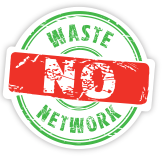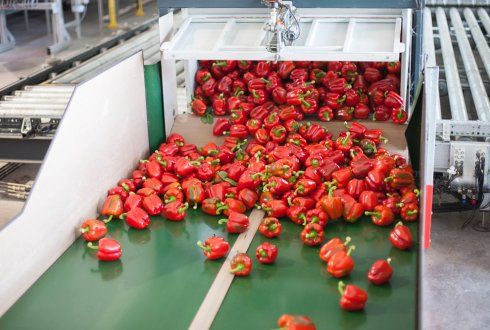11-02-2014 | 35% of all harvested crops is lost during storage and distribution. In developing countries, most of these losses occur during distribution, whilst in developed countries significant losses occur once the product reaches the consumer. Experts say postharvest losses could feed over 2 billion people. Apart from the direct product losses, prior inputs such as water, land, labour, fertilizer and pesticides are also wasted. Prevention of postharvest losses therefore is of major importance for global food and nutritional security. This course provides tools to develop strategies to maintain postharvest quality.
Organised by Wageningen Academy,Wageningen UR Food & Biobased Research
Date: Tue 14 October 2014 until Fri 17 October 2014
The course
This course gives an in-depth overview of the issues surrounding postharvest handling of fresh produce, including:
- Up-to date insights in the biology of postharvest (flower) development, ripening and deterioration.
- Current technologies for storage, packaging and handling of fruit, (fresh-cut) vegetables, flowers and potted plants.
The course includes demonstrations, hands-on activities and an excursion day trip to selected companies.
Target Audience
This course is designed for technical professionals responsible for quality assurance, research and extension activities related to fresh produce quality, safety and marketability. The target audience consists of researchers and quality control personnel in the produce and breeding industry and business, government or academic professionals. Some prior (practical) knowledge concerning storage and packaging of fresh horticultural produce is required. If you have doubts whether this course is right for you, or whether have enough basic knowledge, please don’t hesitate to contact us!

